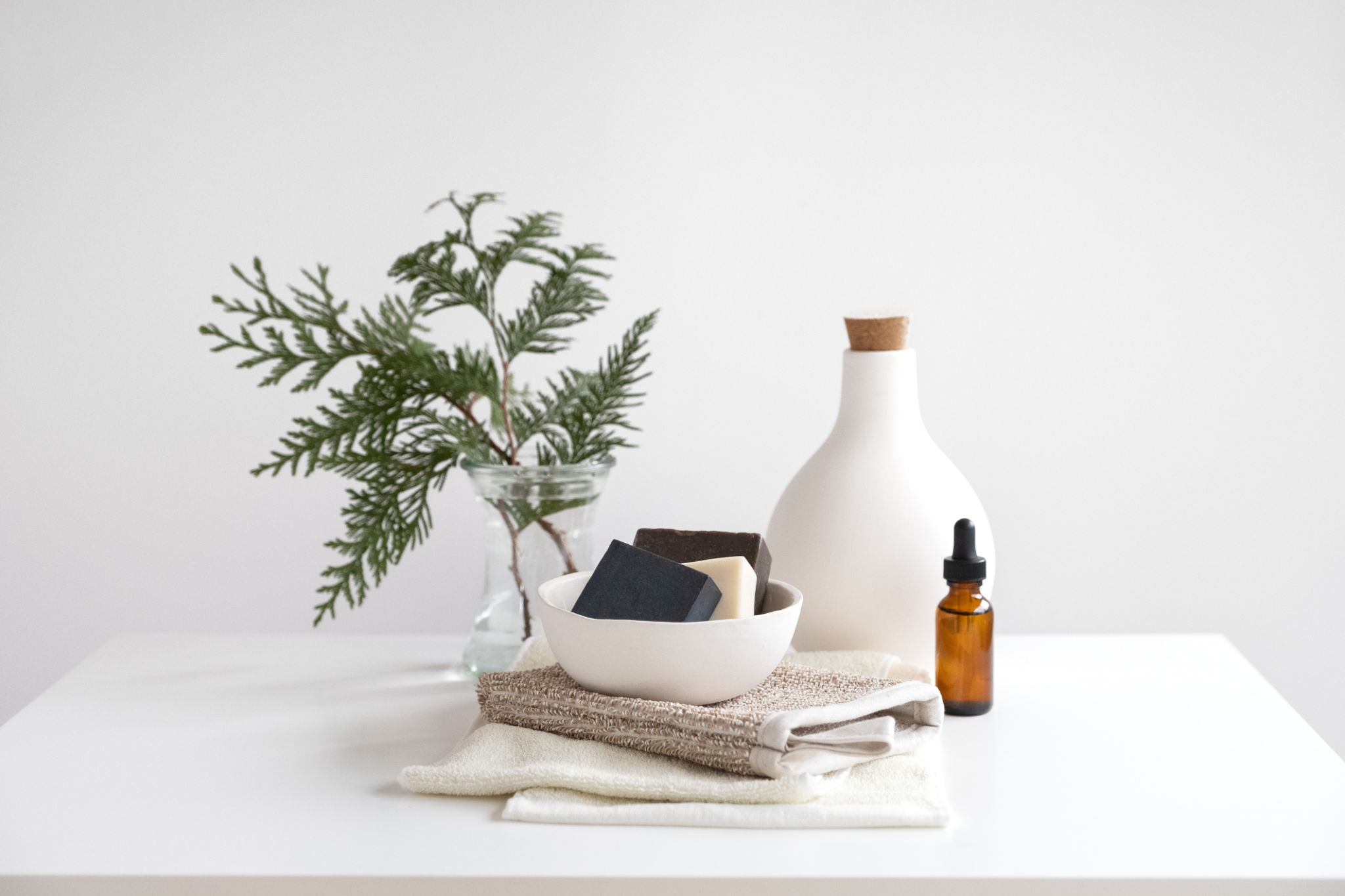Debunking Myths About Essential Oils: What You Need to Know
Understanding Essential Oils
Essential oils have gained immense popularity over recent years, often being touted as natural remedies for various ailments. They are extracted from plants and are believed to capture the plant's scent and flavor, or "essence." While many people swear by their benefits, there are numerous myths surrounding their usage that need debunking.

Myth 1: Essential Oils Can Cure Any Illness
One of the most pervasive myths is that essential oils can cure any and all illnesses. While they have therapeutic properties, such as reducing stress or improving mood, they are not a substitute for professional medical treatment. It's crucial to consult healthcare professionals for serious health issues rather than relying solely on essential oils.
Myth 2: All Essential Oils Are Safe to Consume
Another common misconception is that all essential oils are safe to ingest. In reality, many essential oils can be toxic if consumed, leading to severe health risks. Oils like tea tree and eucalyptus should never be taken internally. Always follow the guidance of a qualified aromatherapist or healthcare provider before considering ingestion.

Myth 3: More is Always Better
Some people believe that using more essential oil will enhance its effects. However, essential oils are highly concentrated and can cause skin irritation or allergic reactions if used excessively. It's important to use them in recommended dilutions and amounts.
The Importance of Quality
The quality of essential oils can vary significantly between brands. Not all essential oils are created equal, and some may be mixed with synthetic fragrances or diluted with carrier oils. Purchasing from reputable sources ensures you're getting a pure product.

Myth 4: Essential Oils Can Replace Prescriptions
Essential oils should not be used as a replacement for prescribed medications. They can, however, complement traditional treatments when used correctly. Always discuss any alternative therapies with your doctor to ensure they do not interfere with your current treatment plan.
Myth 5: Essential Oils Have No Side Effects
While many people experience benefits from using essential oils, they can also cause side effects in some individuals. Common side effects include skin irritation, headaches, and allergic reactions. Conduct a patch test before using a new oil, especially if you have sensitive skin or allergies.
Conclusion: Making Informed Choices
In conclusion, while essential oils offer various benefits, it's important to be informed about their uses and limitations. Understanding these myths helps ensure that you use essential oils safely and effectively as part of your wellness routine. Always prioritize safety and consult professionals when in doubt.
